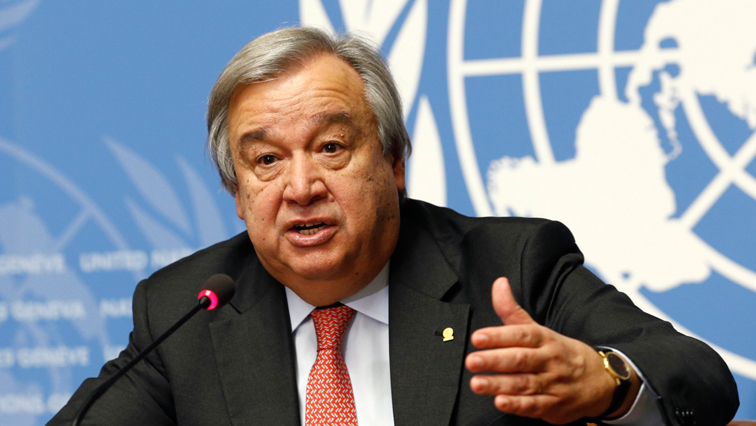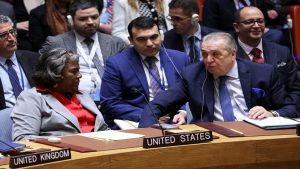The United Nations (UN) is in the midst of a cash crunch and has been forced to implement drastic cost-cutting measures to keep the organisation operational. The measures include shutting down escalators, limiting official travel and reducing air-conditioner use at UN facilities around the globe as the Secretary General attempts to navigate the worst cash crisis the global body has faced in a decade.
In mid-October, more than 60 countries owing almost $1.4 billion had yet to be received for the UN’s assessed regular budget. The UN boss Antonio Guterres went as far as saying they may not have enough funds to pay staff salaries next month – a situation exacerbated by the world’s wealthiest country and largest financial contributor to the UN, the United States that’s yet to settle in full its $1 billion in unpaid dues.
“The organization is facing a severe financial crisis, to be more specific, a severe liquidity crisis. The equation is simple: without cash, the budget cannot be properly implemented. This month, we will reach the deepest deficit of the decade. We risk exhausting the closed peacekeeping cash reserves and entering November without enough cash to cover payrolls.”
In a memorandum sent to managers the UN boss laid out a series of emergency measures that include:
*Limiting official travel to the most essential activities;
*Scaling back events that happen outside official office hours and on weekends;
*Expenditure limits that including no new furniture/IT purchases;
*Limits on new hires to remain in place;
*While air-conditioning and heating to be reduced outside the official work-day.
Guterres says the work of the organisation is at risk. “As I introduce the 2020 programme budget proposals, I reiterate my call on you to recommit paying your financial obligations on time and in full. I thank those Member States that have done so. I also thank those that continue to make every effort to do so, notwithstanding the difficult economic conditions they face. I equally urge you to consider measures to ease the structural impediments preventing us from managing the resources more effectively.”
Additionally, escalators to floors already serviced by elevators have been shut down while the Secretariat fountain paid for by US school children and opened in 1952 has also been turned off. “We are looking at this in terms of all member states who are obliged to pay their contribution in full and on time and we have been in touch with member states who owe significant amounts of money to the organization to see and to encourage them so that we can have that cash forthcoming, so that we will be able to meet our obligations both for salaries and for vendors by the end of the year,” says Under Secretary-General for Management, Policy and Compliance Catherine Pollard.
Officials have indicated that severe liquidity issues have become dire with a growing downward trend, placing pressure on reserves despite measures taken to reduce expenditures. “I have to save every penny that I can save and what choices do I have? Do I say now don’t pay the air charter bills that we have to have in Afghanistan? That’s the kind of calls we are making on a daily basis. So, we don’t have a complete visibility so that I can pick and choose and say this is going to save me this amount of money. Clearly, we are trying to save all the non-post costs, that anything that can be postponed minimizing the impact should be postponed, so that we can see globally where we stand,” says Controller in the Department of Management Chandramouli Ramanthan.
South Africa paid its budget dues of just over $7.5 million dollars in February, while China the second largest contributor to the UN paid its $335 million dues in May. Click below to listen to the report:






